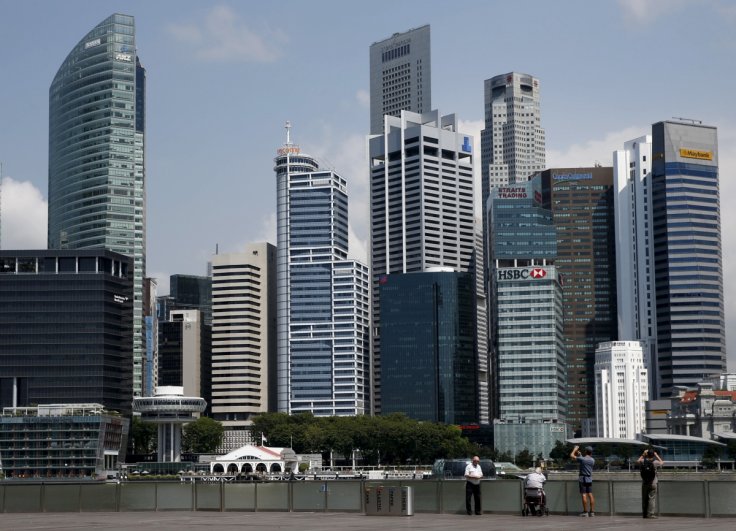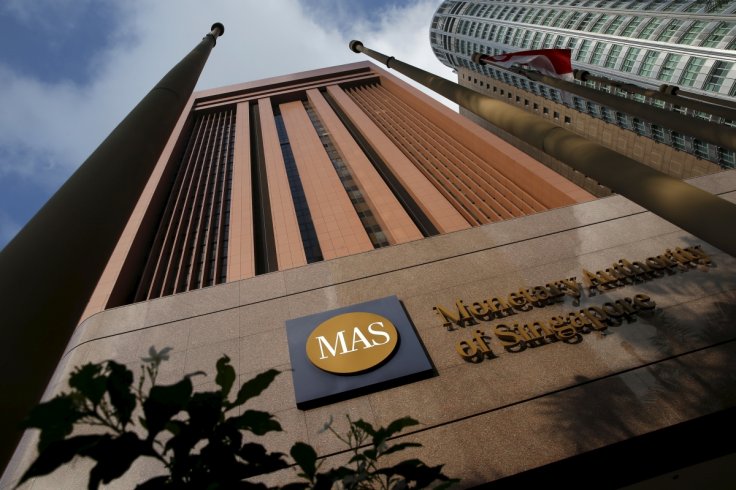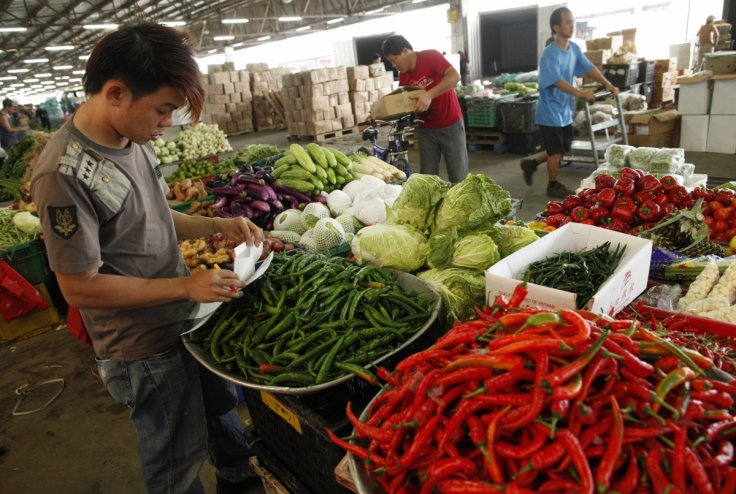The Singapore economy is experiencing a rare headwind the latest data sets show. While the economy is projected to slow down further, labor demand is also expected to lower and the wage growth will also be moderate, the central bank data showed on Thursday.
The Monetary Authority of Singapore (MAS) said the economy's growth in the next quarter will be subdued on account of factors like the tightening in global financial markets and the continued Covid-19 curbs in some major trading partners.

Data showed that Singapore's economy expanded an impressive 4.4 percent on a year-on-year in the third quarter. However, this was marginally below the 4.5 percent growth recorded in the previous quarter.
Going forward, dampening trade conditions across the world, especially in China, will be a big factor that suppresses the economy's growth. "Dampened global and regional trade flows will adversely affect activity in Singapore's manufacturing, wholesale, water transport and storage sectors, even as global supply frictions continue to ease," MAS said.
The MAS reiterated, however, that the growth forecast for 2022 remains in a range of 3 to 4 percent.
"Overall, GDP growth is likely to stay muted in the coming quarters ... Amid weaker external demand conditions, the economy is projected to slow further to a below-trend pace in 2023, dragged down by the trade-related cluster," the central bank said.
Apart from trade, the sectors that will drag the economy are electronics, financial markets, construction and consumer facing sectors.

MAS said core inflation will average around 4 percent in 2022 while overall headline inflation is predicted to be around 6 percent. Imported inflation remains 'significant' across a range of goods and services, the MAS noted, adding that this causes businesses to raise prices and pass on the costs of imports to consumers.
MAS also says that it anticipates the softening of inflationary pressures in 2023. While core inflation is likely to be in the range of 3.5 and 4.5 percent, headline inflation will be in the range of 5.5 to 6.5 percent.
The worst impact of the global economic slowdown will be felt in the electronics industry, which is a key segment of Singapore's economy. The huge post-pandemic demand surge has weakened and the outlook is deteriorating rapidly, the report says. With the end demand for electronics products lowering in the two huge markets of the US and China, the impact is felt on Singapore.

If the slump in end demand continues, it could presage "an inventory correction of end-products," the MAS says, adding that it would exacerbate the fall-off in sales of intermediate semiconductor inputs, and in turn worsen the oversupply of chips.









